5975009889817
Price Quote Get an up to date pricing and availability quote for this product. Order online or over the phone.
Quality Commitment
Serving our customers with quality and safety first.
- AS9120 Certified
- Audited supply chain
- ITAR Registered
- DDTC Registered
- HAZMAT Certified
- Customer service objectives
- Every product 100% inspected

5975-00-988-9817 Specification Set by the OEM (see RNCC code 3)
bushing
flexible nonmetallic first end
gland nut w/internal thread first end
1.000in. first end
steel
cadmium
straight
Cross Reference Parts Part numbers that meet the specification outlined on this page and set by the OEM
Identification Item Identification Guide (IIG) and Item Name Code (INC)
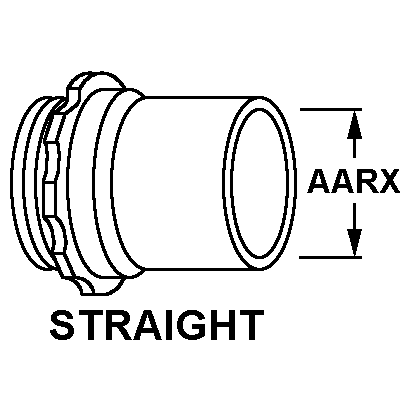
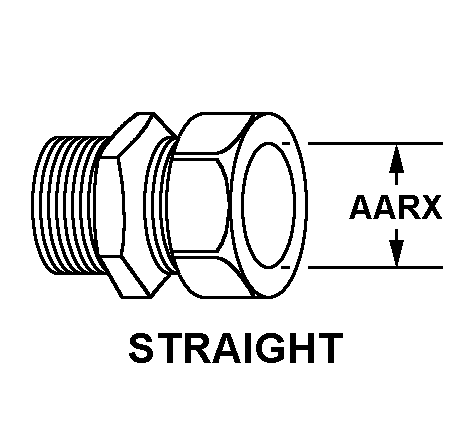
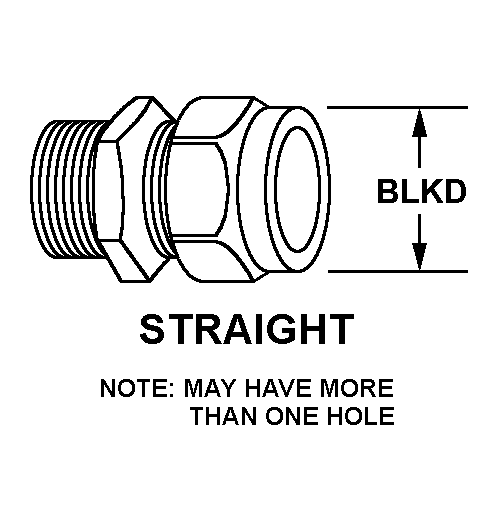
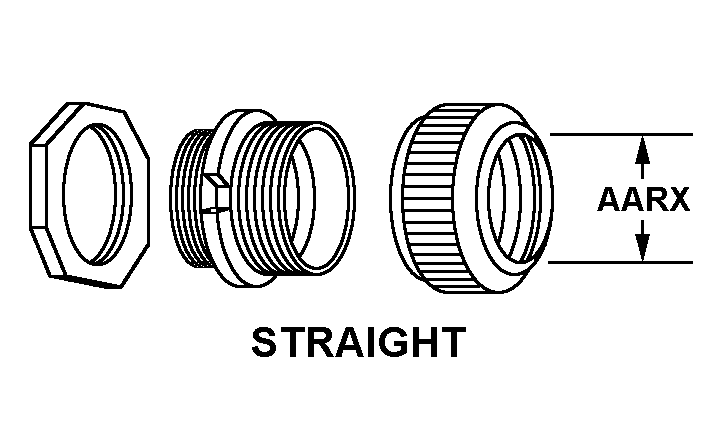
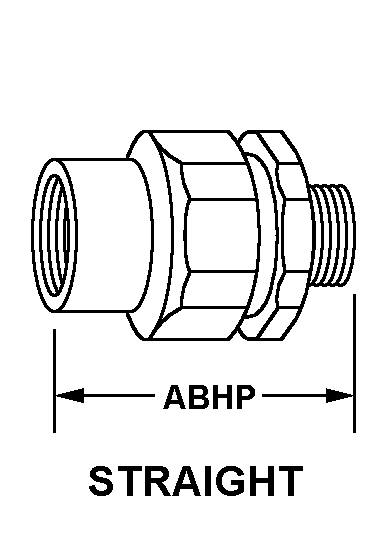
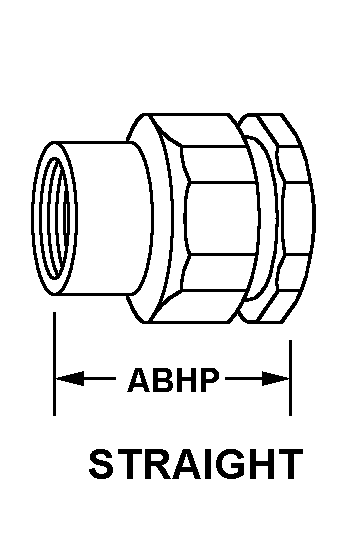
Definition Definition of approved item name (AIN): "BOX CONNECTOR,ELECTRICAL"
An item designed to mechanically connect in a straight line or an angle electrical conduit, conduit assemblies, wire, wireway, cable, or cable assemblies to a point of termination, such as a junction box, conduit outlet, or the like. The termination end must have an external thread with a boss or shoulder and may be furnished with a locknut or bondnut; or, must have internal thread with which is furnished an externally threaded hub with a wrenching feature; or be of a snap-in type that may be installed from either inside or outside the box and secured with a captive screw. It is not intended to join conduit to conduit. For angle type items having a male thread without a boss or shoulder, see elbow, electrical conduit. Does not include facilities to mount wiring devices. Excludes chase nipple, conduit.
5975-00-988-9817 Material Hazmat, Precious Metals, Criticality, Enviroment, and ESD
Indicates there is no information in the hmirs. The nsn is in a fsc in table ii of fed std 313 and a msds may be required by the user. The requirement for a msds is dependent on a hazard determination of the supplier or the intended end use of item.
Precious metal content is unknown
The item does not have a nuclear hardened feature or any other critical feature such as tolerance, fit restriction or application.
Identification Codes
HMIC: Hazardous Material Indicator Code. A one position code that identifies a hazardous item.
PMIC: Precious Metal Indicator Code. A one position code which identifies items that have precious metals as part of their content. precious metals are those metals generally considered to be uncommon, highly valuable, and relatively superior in certain properties such as resistance to corrosion and electrical conductivity.
ESD: Electrostatic Discharge. Indicates if an item is susceptible to electrostatic discharge or electromagnetic interference damage. electrostatic discharge damage occurs when an accumulation of static electricity generated by the relative motion or separation of materials is released to another item by direct contact. electromagnetic interference damage occurs when an item comes into proximity with an electrostatic or magnetic field.
ENAC: Enviromental Attribute Code. Identifies items with environmentally preferred characteristics.
CRITL: Criticality Indicator Code. Indicates an item is technically critical by tolerance, fit, application, nuclear hardness properties, or other characteristics.






